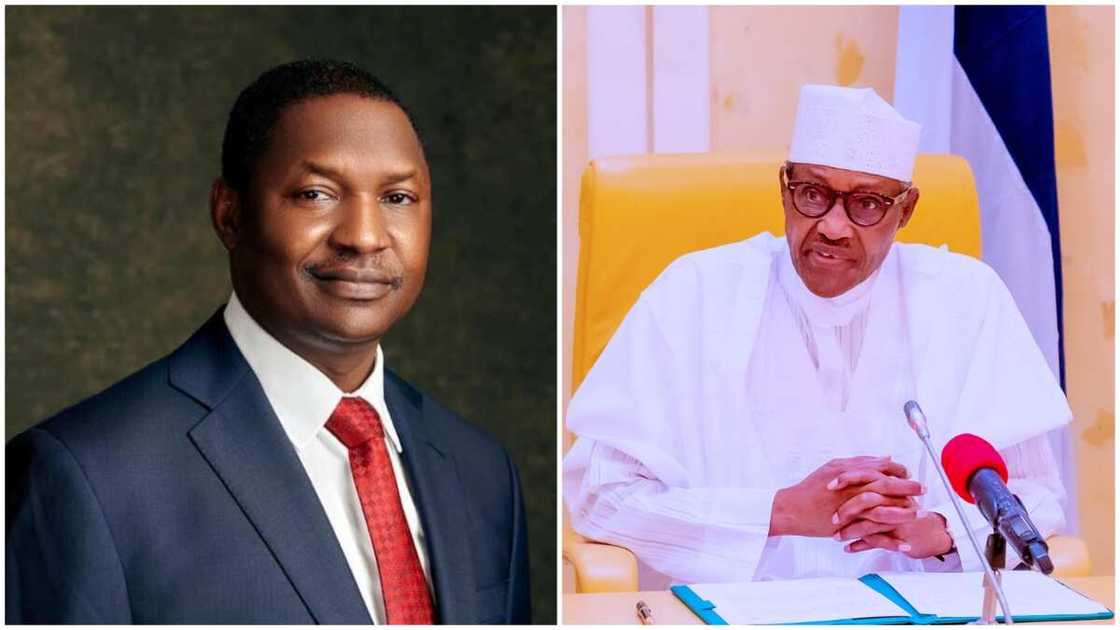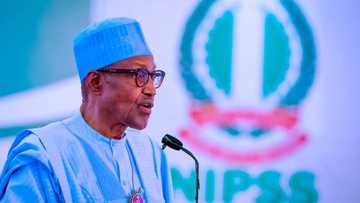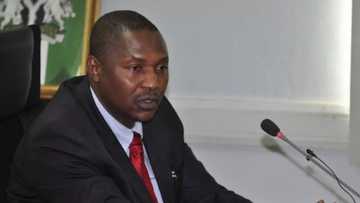Real Reason Buhari Would Not Sign New Electoral Law, AGF Malami
- Abubakar Malami, the Attorney General of the Federation has highlighted reasons for Buhari's refusal to sign the electoral law
- According to the Minister of Justice, the new law does not seek to sustain the overall interest of Nigerians
- He hinted further that the law has higher cost implications and a lot of factors that would trigger insecurity the more in the country
Abubakar Malami, the Attorney-General of the Federation (AGF), has given reasons why President Muhammadu Buhari, would not sign the new electoral law.
The Punch reports that the minister of justice insists the law has not captured the interest of all Nigerians.
Malami disclosed this in a phone-in program on Radio Kano while responding to questions on Sunday, December 26.

Source: Facebook
He said the new electoral law has an excessive cost implication, is discriminatory, as well as supportive of insecurity adding that signing it into law will only initiate a new crisis that will lead to court cases, Vanguard added.
PAY ATTENTION: Subscribe to Digital Talk newsletter to receive must-know business stories and succeed BIG!
The minister said:
“Therefore, the lawmakers are only concerned about their political inclination while the President is concerned about the entire lives of Nigerians made up of politicians and non-politicians."
Electoral bill: Why senators dropped plot to override Buhari's veto
Meanwhile, Legit.ng had earlier reported that the Senate has reportedly dropped the plan to override Buhari following his decision not to sign the Electoral Amendment Bill 2021.
The senators abandoned the plan following overnight lobbying by six governors.
It was gathered that the six governors, led by the Chairman of the Caretaker Committee of the All Progressives Congress (APC), Mallam Mai Mala Buni, lobbied senators overnight to stay action on their plan.
2023 elections: Influential PDP governor shares his thoughts on direct primaries
In other news, the governor of Sokoto state, Aminu Tambuwal, on Wednesday, December 8, said that conducting direct primaries for all the political parties across Nigeria might be overwhelming for the Independent National Electoral Commission (INEC) and security agencies.
It was reported that Tambuwal said that while he is not against either direct or indirect primaries for elections in Nigeria.
Also noting that both direct and indirect primaries are accustomed to their own advantages and disadvantages, Tambuwal warned that arguments should be based on how to improve Nigeria's democracy.
Source: Legit.ng




